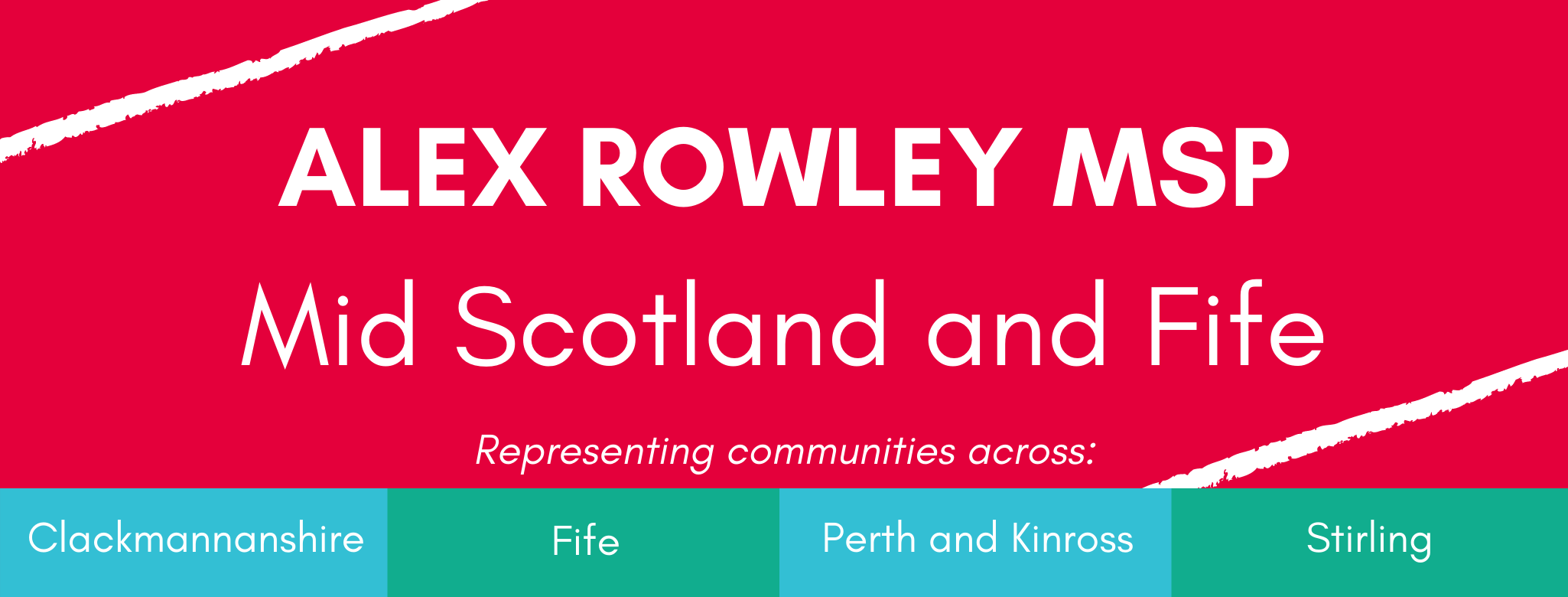
International negotiations
The good news
Following on from the UN General Assembly (UNGA) in the USA, we have had encouraging news from USA and China. President Biden increased the US contribution to the $100 billion climate fund for vulnerable countries, and Xi Jinping has committed China to cease the building of new coal-fired power units outside the country. These commitments will likely make negotiations smoother in Glasgow.
The not-so-good news
Despite the US’s increased contribution to the climate fund, debate is continuing internationally about just how inclusive COP26 is. For COP to be a success, delegates and groups from least developed countries must be listened to and their concerns elevated. You can read more from Stop Climate Chaos Scotland on this here. The recent UN Climate Synthesis Report also shows us we have a long way to go, with its headline ‘Some Progress, but Still a Big Concern’. The UN also warned earlier this week that despite progress in emissions pledges, current commitments would still see the world on track for 2.7°C of warming, which is far higher than people and nature could withstand. Stronger commitments to reducing emissions, and implementation of these commitments, are crucial at COP26.
What outcomes should we see from COP26?
WWF has identified five key priorities to be achieved. These are the ‘red lines of ambition’– the least we expect from our leaders. While they, decision-makers and hosts of multilateral events, must deliver on the following priorities, we will also need all stakeholders to play their part to drive system change and economic transformation.
- Decarbonisation now: all state and non-state actors must move away from fossil fuels in a just way.
- Act on nature-based solutions: Countries must include technically, environmentally and socially sound nature-based solutions in their national climate plans (NDCs, NAPs, long-term strategies).
- Help people and nature adapt: We must encourage transformational adaptation solutions that work with nature.
- Finance the future: the $100bn/year promise must be fulfilled, and new post-2025 goal agreed. Private sector finance should be aligned with the Paris Agreement.
- Pivot to implementation: Countries must set more ambitious near-term emissions goals through updated NDCs and supplement these with long-term strategies.
A logistical update
Plans have been announced for how navigation around Glasgow will be impacted by COP26. Many roads and bridges are now closed and will be during the conference. More information can be found here.
A site plan of the Green Zone and Blue Zone shows how COP will look:
What do we want to see from Scotland on the road to COP?
COP26 being held in Glasgow gives Scotland an historic opportunity to help deliver a step-change in global ambition by helping create a ‘race to the top’ where sub-state actors, governments and businesses do what science demands to keep warming below 1.5°C. Scotland can do lots to demonstrate this leadership:
- Galvanise sub-state actors: Push for a strong outcome at COP26, showcasing its actions towards a 1.5°C future.
- Ensure that Scotland’s climate policies add up: The total of Scotland’s policies and investments are not yet enough to meet its climate targets and will not deliver its 1.5°C contribution; it doesn’t add up.
- Reform rural support: Devise a new rural support system suited to a Scottish context that delivers nature and climate-friendly farming and publish a roadmap to facilitate farmers’ transition from the current system between now and 2027.
- Action starts at home: Scale up the renovation of Scotland’s buildings and wean us off polluting gas. Scotland has a strong suite of plans and programmes to tackle one of the major hurdles on the way to net-zero – heating our homes from renewables – but it needs to go faster.
- Make nature a climate hero: End activities that damage peatlands, our precious stores of carbon, and future proof our fisheries with climate smart actions like cleaner vessels and protecting blue carbon stores.
We believe 2021 must be a turning point. We must seize this chance to build a greener, fairer future for us all. Read more here.






